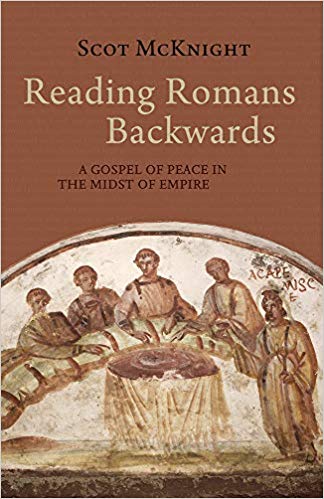BEN: Your analysis of weak and strong in Chapter 3 is helpful, and I agree— the weak seem to be the same folk as in 1 Corinthians, namely mostly Jewish with too many scruples, whereas the strong are primarily Gentiles who rightly say keeping Torah laws about food, sabbaths, etc. is not required to be a Christ follower. The interesting new observation is what you say about dunatoi and adunatoi suggesting this is about power and privilege not just about weak or strong consciences. There may be something to this, but one would not have guessed this from 1 Cor. 8-10 where the issue is specifically conscience— let each one be persuaded in their own mind. And in any case, Paul, a Jew is saying even for Jewish followers of Jesus, observing Torah is optional not obligatory (at least in regard to things adiaphora)— a radical stance, and why Alan Segal rightly spoke of Paul’s apostasy. Were Paul merely talking about Gentiles being incorporated into Israel, we would hardly expect him to say what he does in Rom. 14-15 about ‘let the weak and the strong make up their own minds on these things’. Paul agrees with the strong on these issues, but seeks to protect the weak who have too many scruples now that the Kingdom is well and truly coming in, and not on the basis of the Mosaic covenant, but rather the new one. Comments?
SCOT: Yep, you are right. There’s something in Rom 14-15 not in 1 Cor 8-10. The Dunatoi/Adunatoi theme does not seem present – perhaps it is, and there has to be lots between Paul and Corinth not appearing in those letters – in 1 Cor but is present in Romans. I like how you frame the matter in the last few sentences.













